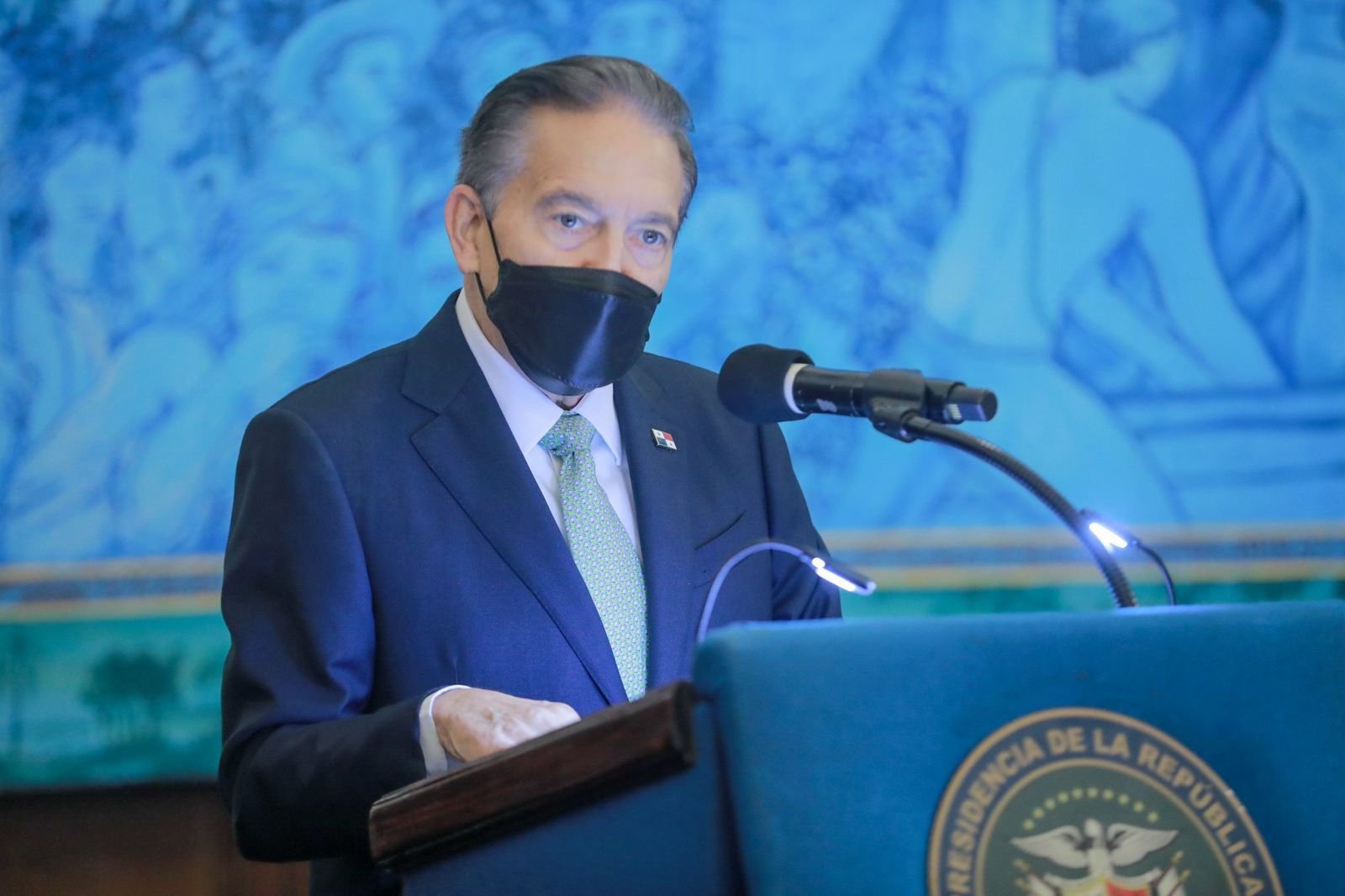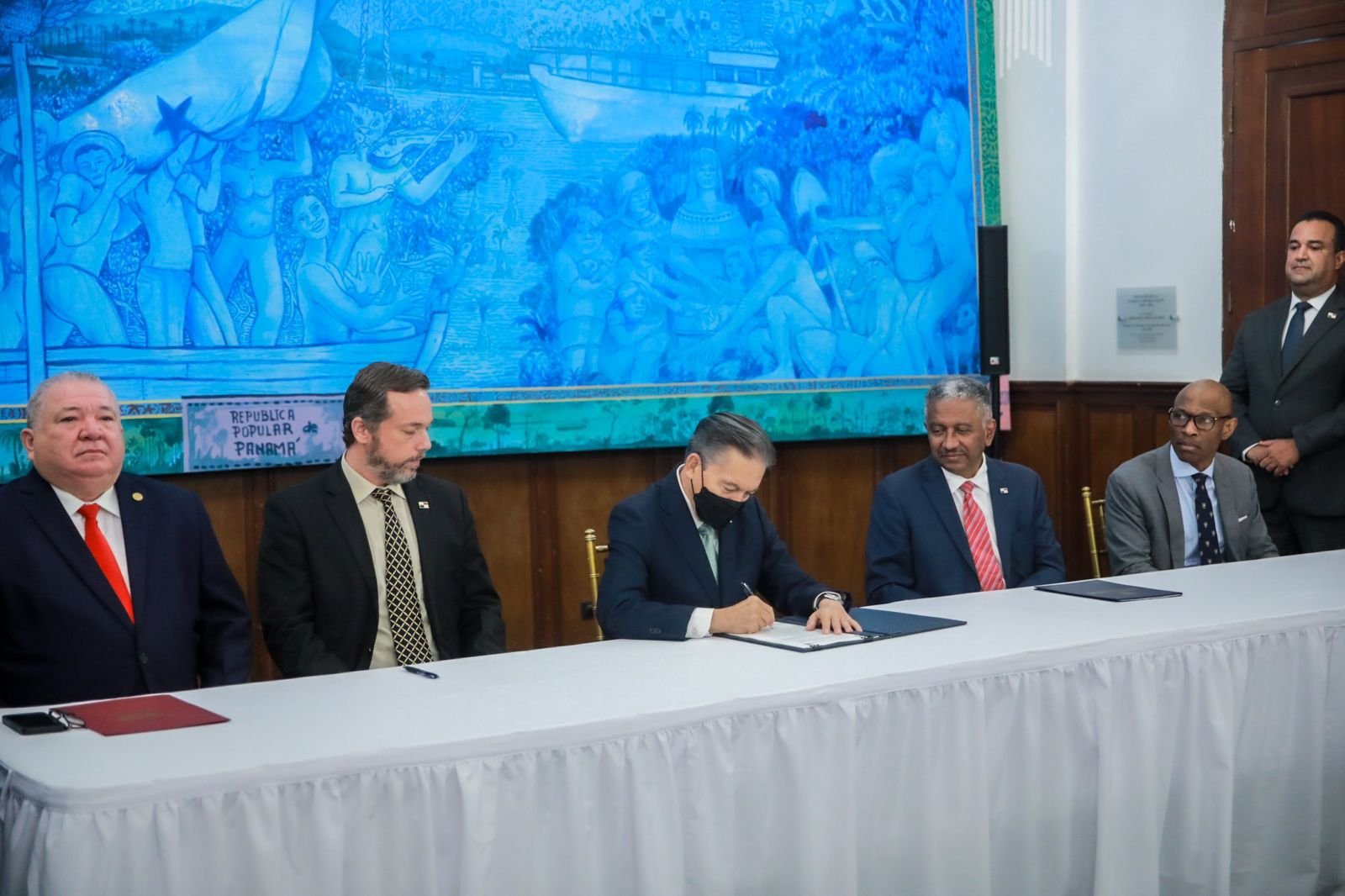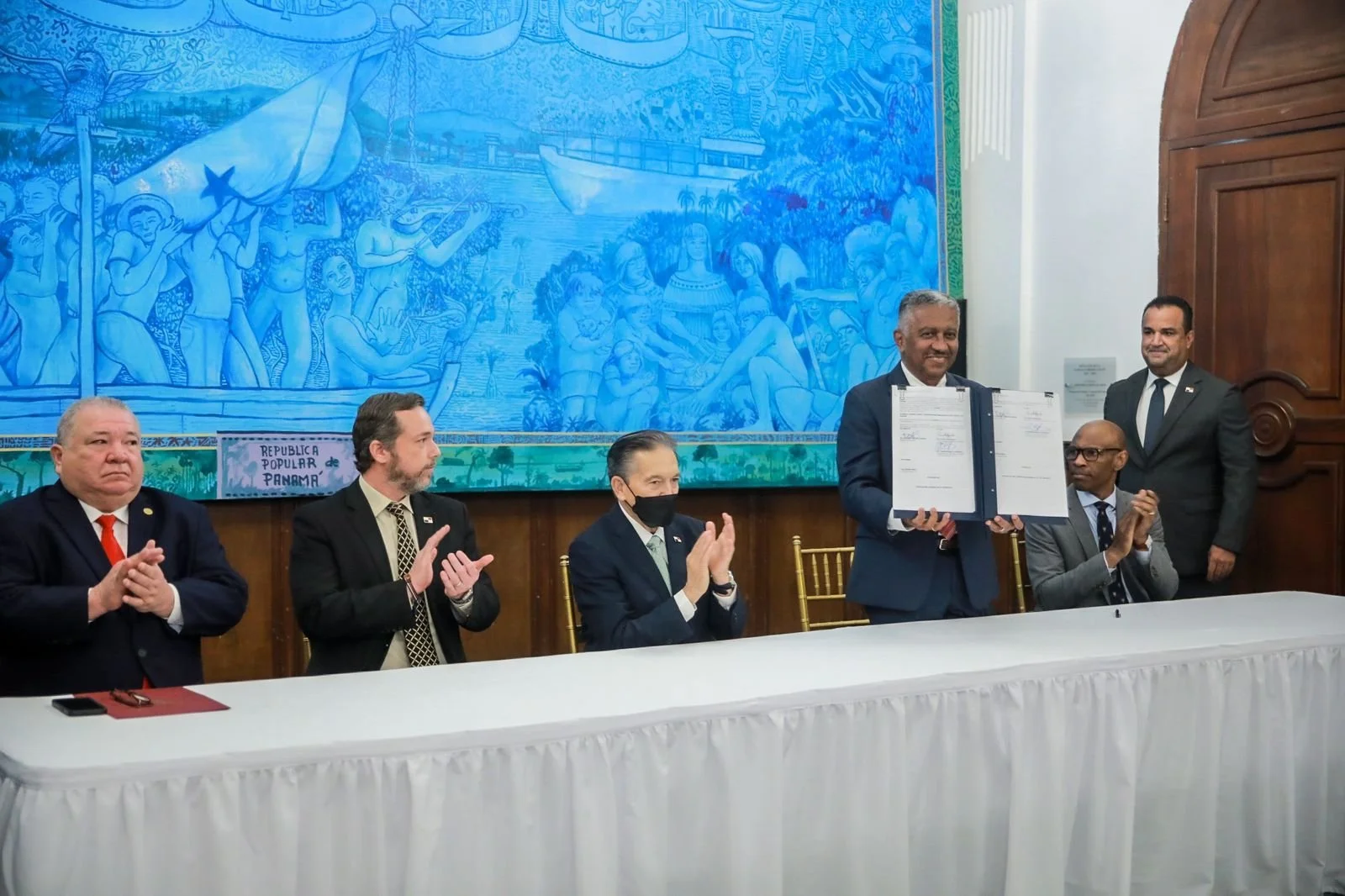The President of the Republic of Panama signed the Executive Decree establishing the guidelines for developing and promoting microelectronics and semiconductor activities in the country.
The rector of The Technological University of Panama announced the creation of the Advanced Semiconductor Technology Center (C-TASC9) at this institution.
Dr. Eduardo Ortega, National Secretary of Science, Technology, and Innovation (SENACYT), announced a new program of master's and doctoral scholarships specialized in microelectronics and semiconductors in collaboration with the University of Arizona.
Panama, April 30, 2024. In a historic event, the National Government of Panama, led by the President of the Republic, Laurentino Cortizo Cohen, announced the country strategy for the development and promotion of microelectronics and semiconductor activities in Panama, aimed at achieving sustainable economic development and contributing to the social well-being of the population.
As the first action of the country strategy, President Cortizo Cohen signed the Executive Decree establishing the guidelines for the development and promotion of microelectronics and semiconductor activities.
President Cortizo Cohen emphasized that the decree establishes the need to create, among other measures, a strategy and a national action plan that will allow Panama to take on the challenge in a coordinated, systematic manner with a long-term vision.
He explained that the strategy aims to achieve the insertion of the Republic of Panama into the global microelectronics and semiconductor chain; it seeks to train human talent in these areas; in addition to promoting research and development linked to semiconductor manufacturing. The decree also creates the Innovation Commission in Microelectronics and Semiconductors for inter-institutional and multi-sectoral interaction that will follow up on the national strategy.
"As a country, we have a real opportunity to insert ourselves into this value chain by taking advantage of Panama's competitive advantages, such as our privileged geographical position, advanced logistical infrastructure, and our long history within global trade," the president highlighted.
As part of other strategic actions, the rector of the Technological University of Panama (UTP), Eng. Omar Aizpurúa Pino, announced the creation at this institution of the Advanced Semiconductor Technology Center (C-TASC9) with advice from Arizona State University. The rector emphasized that UTP has the human resources ready to undertake the historic task of turning Panama into the semiconductor hub.
He highlighted that Panama is on the threshold of countries that can make a gigantic leap for economic development and achieve full employment.
Meanwhile, Dr. Eduardo Ortega, National Secretary of Science, Technology, and Innovation (Senacyt), said that this is a great day for the country with the execution of this national strategy to develop one of the five technologies of the modern era and that by 2030 it is estimated to represent a trillion-dollar economic market.
Ortega announced the establishment of a new program of master's and doctoral scholarships specialized in microelectronics and semiconductors. To this end, he signed a collaboration agreement with Arizona State University, one of the most important in the world on this topic and ranked number 1 in the United States in innovation.
The event was also attended by the ambassador of Panama to the United States, Ramón Martínez; the Minister of Commerce and Industries, Jorge Rivera Staff; the Minister of Labor and Labor Development, Doris Zapata; the Ministerial Advisor for the Facilitation of Private Investment, José Alejandro Rojas; vice-ministers, university rectors, among other special guests.
Semiconductors are a key element in modern electronics as they are present in a myriad of devices and systems, including smartphones, computers, automobiles, home appliances, medical equipment, and communication systems.
The United States chose Panama as one of the seven countries worldwide with which it will establish a collaboration to reinforce the global semiconductor value chain. This was confirmed during the visit last year to the Presidency of the Republic of Panama by the Secretary of Commerce, Gina Raimondo.


